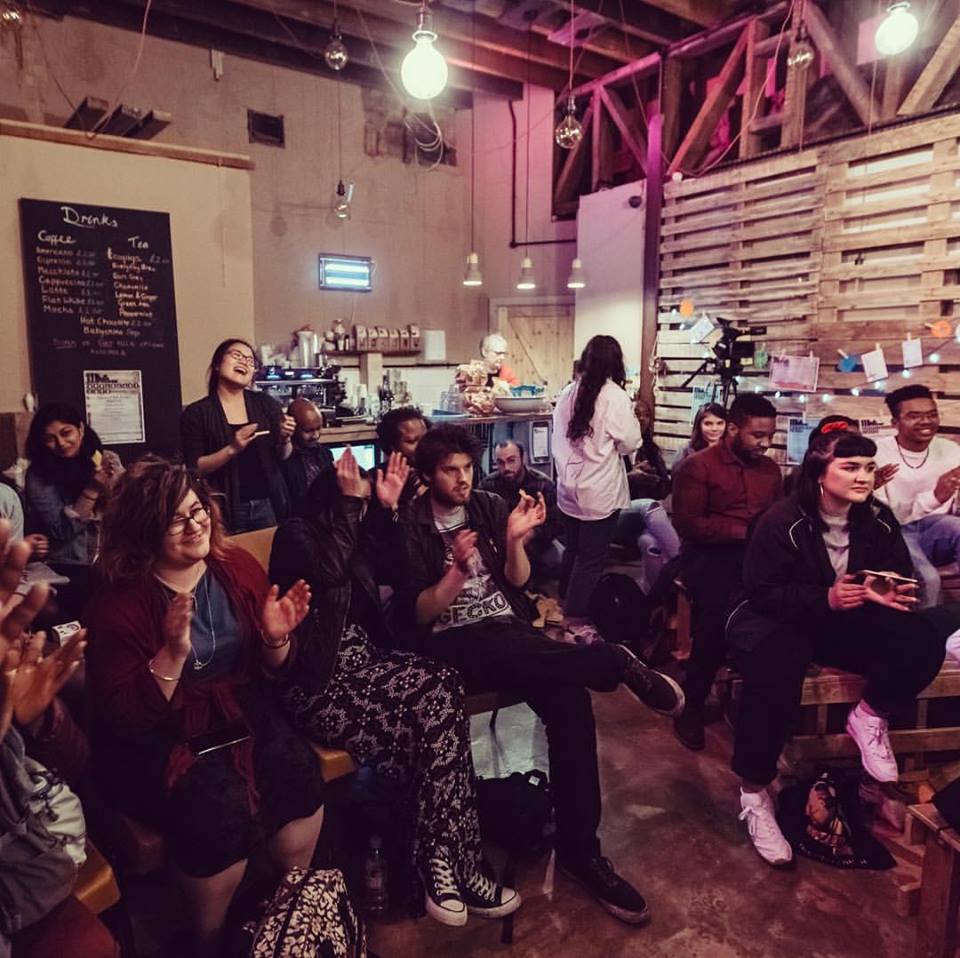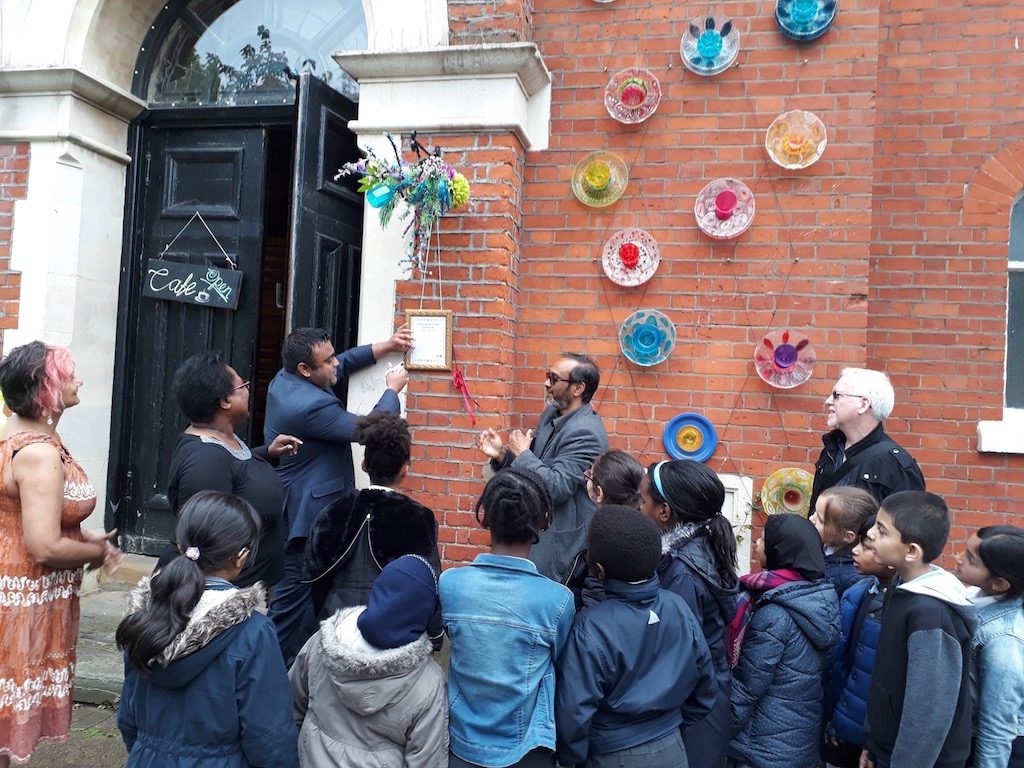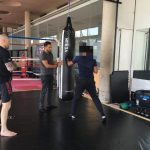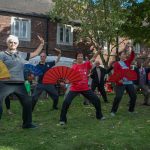Applecart Arts – Promoting communication and social cohesion through the creative arts
This month we speak to Applecart Arts, a theatre company providing an array of artistic performances and opportunities with the aim of promoting social cohesion and creativity within the east London community. From its base at the Harold Road Community Centre, which would have been demolished if not for the intervention of Applecart Arts, this organisation has provided the local community with a creative hub for all. Led by artistic director and co-founder Peter Moreton, Applecart Arts has developed a broad community offering, creating not only a theatre but also studios, rehearsal rooms and a café. They have collaborated with other local organisations such as schools and faith groups to encourage a wide range of community members to participate in creative endeavours. Furthermore their work has extended beyond east London, delivering performances at the renowned Leicester Square theatre and numerous others across the country.
East London is a vibrant area brimming with creative talent. Encouraging cultural expression and development is an essential part of improving communities and ELBA is delighted to work alongside a fantastic organisation that actively supports this agenda.
 1) What does your charity do?
1) What does your charity do?
Applecart Arts is an arts company that has taken over a community centre in Upton Park, East London to prevent is from closing. We are working to keep the community work going and to create an arts branch with events for the local community, with the aim to open up communication and social cohesion in the area.
2) What challenges are there in east London with regards to the issues that your service users face?
Our service users mostly work in the community, arts and charity sector, their main issues is the lack of funding to keep their projects going. Towards the Olympic Games of 2012, these projects were encouraged and subsidised – but once the Games were over these funds have dried up. There is a real drive to develop the legacy of the games, the Olympic Village E20 as a community but it is a shame that the existing communities lose out. Development is moving into the area, in particular at the old Boleyn Ground, which has been converted into flats: an influx of new neighbours is imminent and as mentioned above, we would like to support the social cohesion between different groups.
3) Do you have any stories about your work you would like to share?
Earlier this year, we worked with the local authority on a community arts project addressing topics like gang-crime, extremism, violence against women and LGBTQ with local schools, charities and simply our neighbours. This is really opened up local audiences for us and created a new connection with the neighbourhood. Anonymous feedback on a session about the LGBTQ community in our mostly Asian/Muslim neighbourhood varied from ‘wanting to find ways to support their children’ to ‘ finding help and inspiration for themselves.’ The fact that we opened up important conversation through an evening with a lecture, new writing (drama) and a spoken word artist feels incredibly valuable.
 4) What are the current challenges that your organisation is facing?
4) What are the current challenges that your organisation is facing?
When we took over the centre, which is an old Methodist Church, we inherited the building’s state of disrepair: our main challenge is to raise the funds to update the space and bring it into the 21st Century. We are working hard to make our venue accessible and functional for everyone who visits and can use all the help we can get in raising the funds for this.
5) Is there anything else that you would like to share?
We are a very small team of 5, running a community cafe, theatre and community centre: we always on the lookout for people and companies to collaborate with. We are open to people bringing performances into the theatre space or hosting a community weekend. Anyone who can help us by volunteering their time painting or at the cafe or any other skills that might be useful (plumbing?!) – we would love you to get involved!



